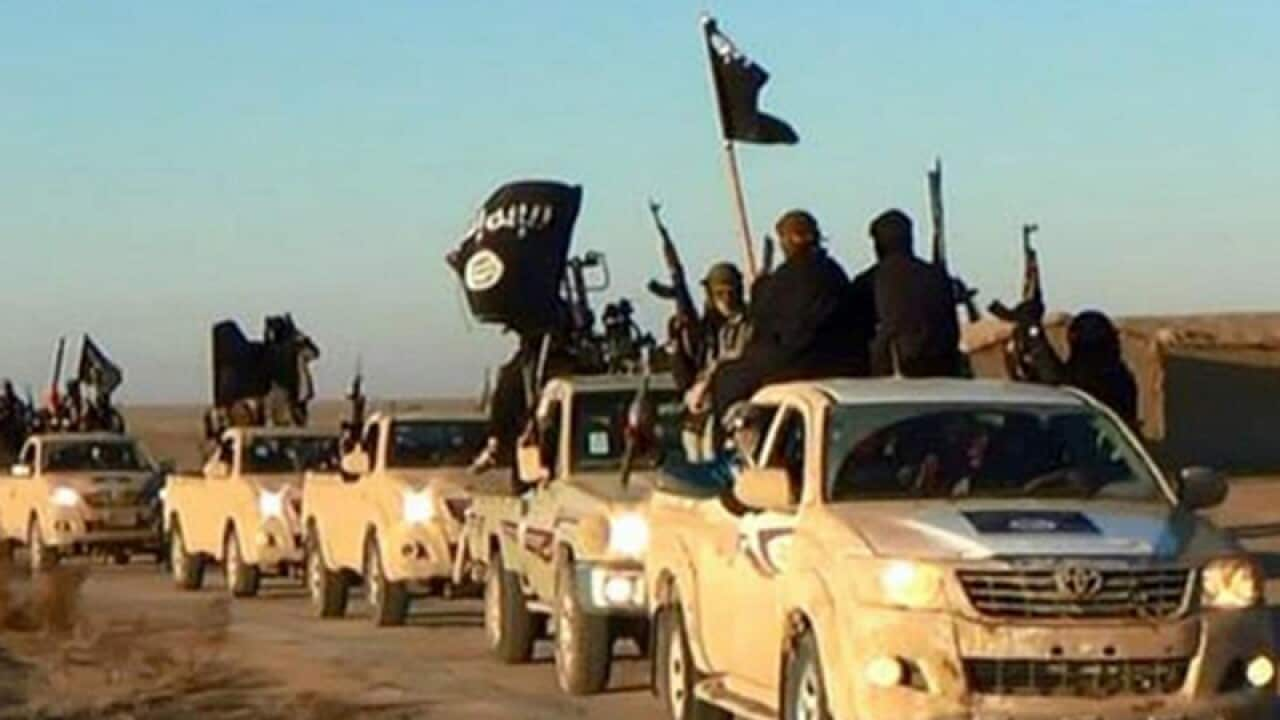Russia, Iran and Turkey on Thursday signed an agreement on setting up four safe zones in Syria that the United Nations described as a promising step to wind down the brutal six-year war.
The United States however gave an extremely cautious welcome, citing concerns over Iran's role as a guarantor, even as it expressed hope that the deal could set the stage for a settlement.
Several members of the rebel delegation left the room shouting in protest as the signing ceremony got underway in the Kazakh capital Astana, angry at regime ally Iran, an AFP reporter saw.
The plan for the "de-escalation areas" was discussed on Tuesday by US President Donald Trump and Russian President Vladimir Putin during a telephone conversation.
The agreement provides for a ceasefire, a ban on all flights, rapid deliveries of humanitarian aid to the designated areas and the return of refugees.
UN Secretary-General Antonio Guterres said he was "encouraged" by the breakthrough. He stressed it will be "crucial to see this agreement actually improve the lives of Syrians."
Russia and Iran, which back Syrian President Bashar al-Assad's forces in the war, and Turkey, a supporter of rebel forces, hope to build on a ceasefire deal they reached in December.
The Syrian government and rebel delegations are not signatories to the deal.
"We are not supporting this agreement. It is an agreement between the three countries," said Usama Abu Zeid, a rebel spokesman. "We do not at all agree that Iran... is a guarantor of this accord."
Watch: Trump vows to strike Middle East peace deal
'Promising' step
UN envoy Staffan de Mistura, who was in Astana as an observer, described the agreement as "an important, promising, positive step in the right direction" toward de-escalation.
A working group will be set up within two weeks to resolve technical issues and the three countries agreed to set up the four areas by June 4.
The areas include key territory held by anti-Assad forces.
The first zone includes the whole of Idlib province along with certain parts of neighboring Latakia, Aleppo and Hama provinces.
The second will encompass certain parts in the north of Homs province, and the third will be comprised of some areas of Eastern Ghouta, outside of Damascus.
The fourth zone will include parts of the Deraa and Quneitra provinces in southern Syria, according to the memorandum seen by AFP.
Watch: Trump and Putin speak on Syria
US doubts about Iran
The UN envoy said the deal would be quickly put to the test and that success on the ground could pave the way to a new round of political talks in Geneva later this month.
"There will be a period not longer than two weeks in which all this will be seriously put to the test and we want that test to succeed," he said.
In Washington, the State Department, which had dispatched an observer to the talks, said it appreciated Russian and Turkish efforts but called into doubt Iran's role.
"We continue to have concerns about the Astana agreement, including the involvement of Iran as a so-called 'guarantor'," State Department spokeswoman Heather Nauert said.
"Iran's activities in Syria have only contributed to the violence, not stopped it, and Iran's unquestioning support for the Assad regime has perpetuated the misery of ordinary Syrians."
"We nonetheless hope that this arrangement can contribute to a de-escalation of violence, end the suffering of the Syrian people, and set the stage for a political settlement of the conflict," she said.
Watch: Battle against IS rages in Mosul
What monitoring?
Russia's envoy, Alexander Lavrentiev, said the zones would remain in place for six months, a period that could be extended.
It remained unclear whether there would be any international monitoring of the safe zones.
Guterres said the United Nations will support de-escalation efforts, but he did not specify whether it would have a role in the new set-up.
Putin said Wednesday that ways to monitor the zones would be an issue for separate talks.
Lavrentiev said Moscow was ready to send observers to the zones.
Turkish President Recep Tayyip Erdogan said in comments published Thursday that the plan would solve "50 percent" of the six-year conflict.
Damascus supports the Russian plan, Syrian state news agency SANA reported.
Syrian rebels said earlier Thursday that they had resumed participation in the talks after having suspended their involvement a day earlier over air strikes against civilians.
More than 320,000 people have been killed in Syria since the country's war began with anti-government protests in March 2011.












